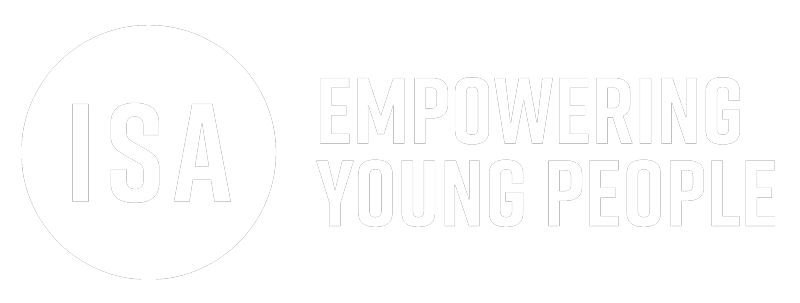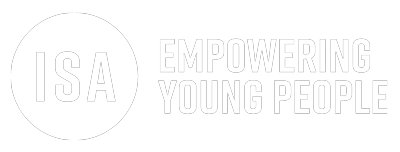In general, all over the world, gender discrimination disproportionately affects women and girls in every walk of life, including in economic, social, legal, political, educational and physical matters. Did you know that 70% of people living in poverty are female? And – again worldwide – one in three women have experienced sexual or domestic violence in their lifetime. Moreover, women and girls are often excluded from participation in decision making on matters that concern their own body, lives and society.
We at ISA are committed to get the coaches trained to understand the importance of – and having the skills to improve – gender equality among the youth, through playing sports. We do this by writing handbooks on gender equality and life skills, and by conducting trainings. We are continuingly looking at what has been done in the past, developing new things and seeing what works well and what not, to eventually have the best handbook that will improve gender equality in every country we work in.
In all three of ISA’s programmes: Game, Change and Game Changers, the gender equality theme is addressed. The coaches learn how to create a safe and inclusive environment for girls to involve them on the sports field. Through sports, girls and boys gain life skills supporting girls’ empowerment and boys’ involvement in it. Most importantly, by gaining confidence on the field, getting to know their likes and talents and by teaming-up with peers and being in contact with positive role models. Addressing particular life skills in sports can also build personal power, like saying no, respecting oneself and one another and adapt types of powerful behaviour to different circumstances. In our Game Changers programme, coaches become mentors. They can use their skills to support the girls to decide on and organise their own physical activity in their community. This gives girls the position to make decisions for themselves and creates role models for other girls and boys in the community. It shows that things can be done differently. By building their personal power, we are getting closer to reach Sustainable Development Goal 5, which strives for women and girls everywhere to have equal rights and opportunity, and live free of violence and discrimination.
Sustainable Development Goal 5: ‘Achieve gender equality and empower all women and girls’ is a goal that is highly valued by ISA. As ISA we know that social structures can be changed. Look at the difference between the lives of our parents and grandparents, compared to ours – this has already vastly changed.
Throughout different of our programmes, we contribute to Sustainable Development Goal 5. Momentarily we have 4 programmes in which we focus mainly on SDG 5:
Frame Voice Report ‘She Got Game!’, where we collected and share different stories of successful female community sport coaches from different countries with the goal to make other community sports coaches aware of the possibilities sports has to reach gender equality.
Erasmus+ ‘She Got Game’ where the objective of the programme is to get community sport organisations and community sport coaches to think and act differently on how to design, implement and evaluate interventions for teenage girls in order to increase Girls Engagement.
Volleyball4life, where together with NeVoBo we designed a handbook to help girls from different countries to get to know themselves better and to develop skills by using volleyball witch will contribute to a higher level of independence.
Gender and life skills training, which is given during all three of our overarching programmes: Game, Change and Game Changers.

